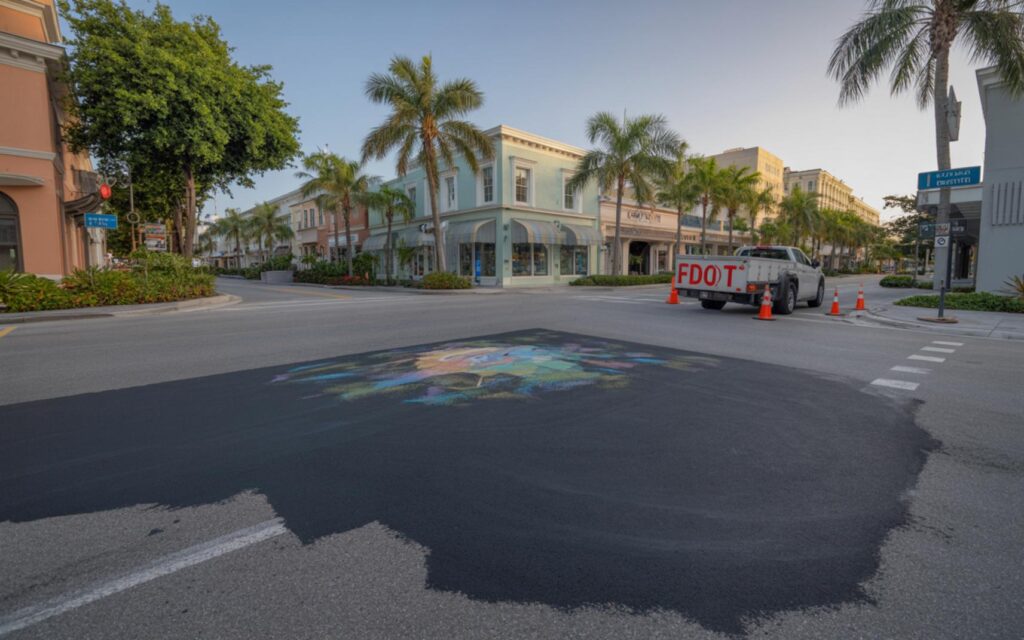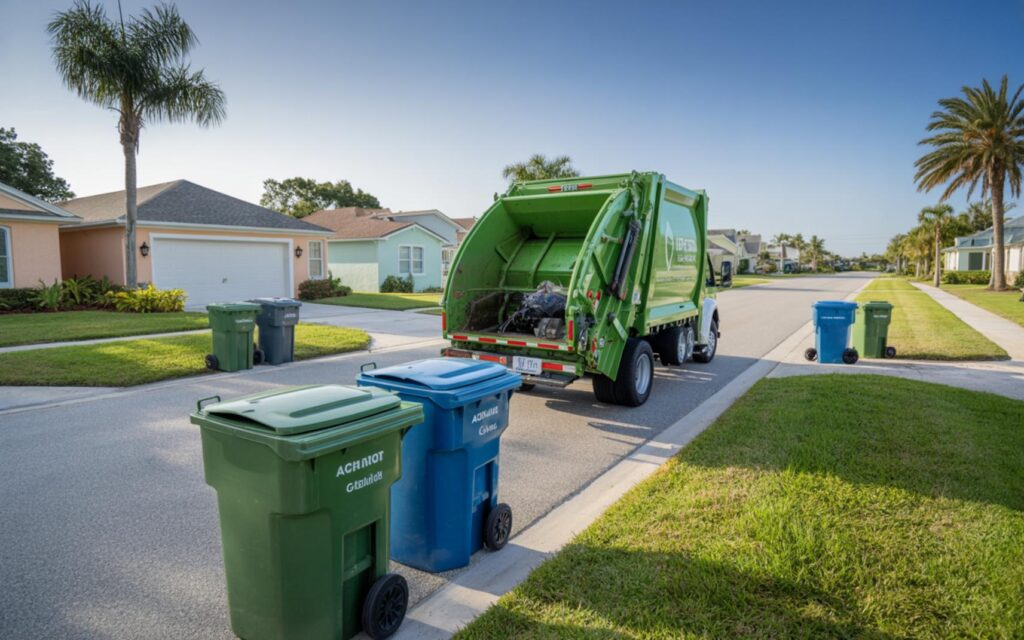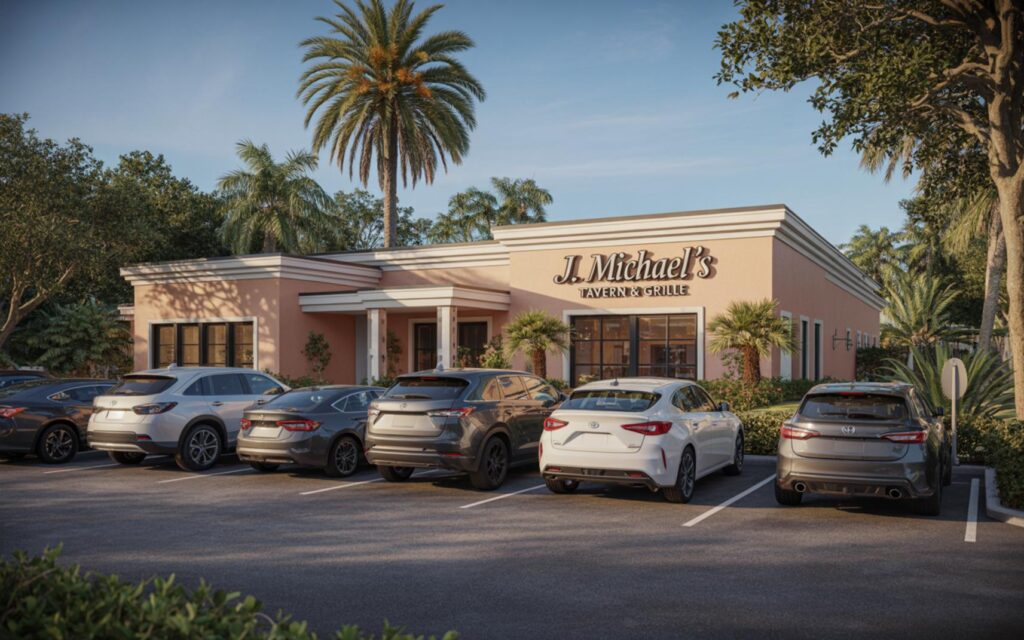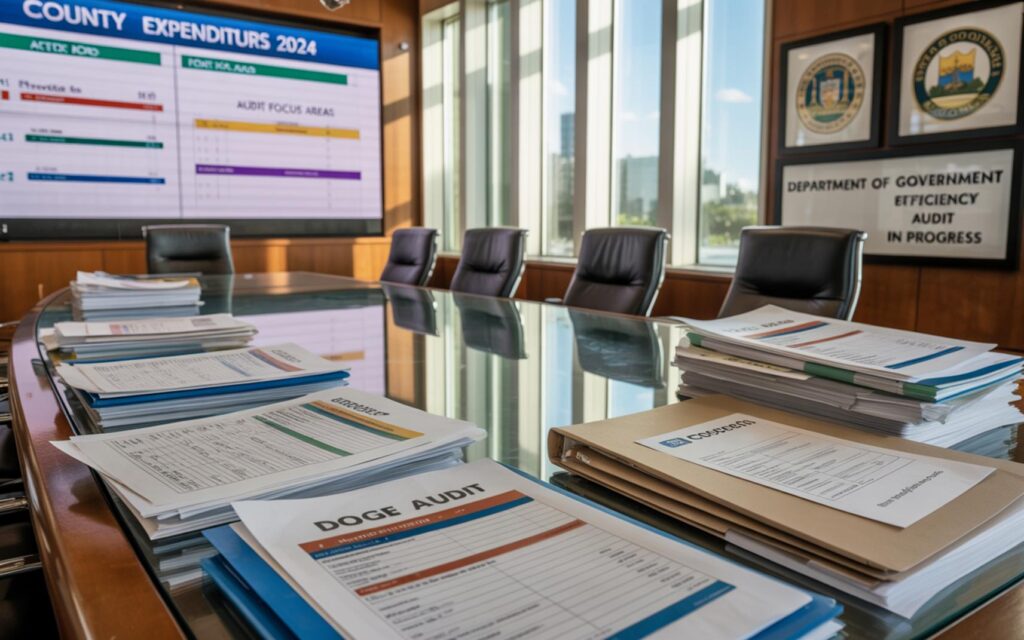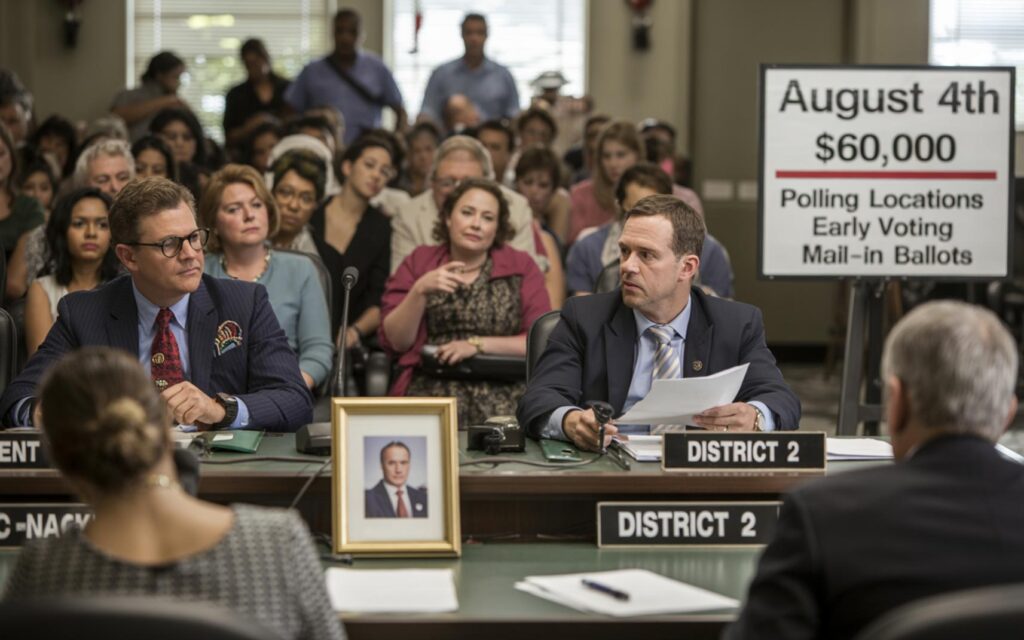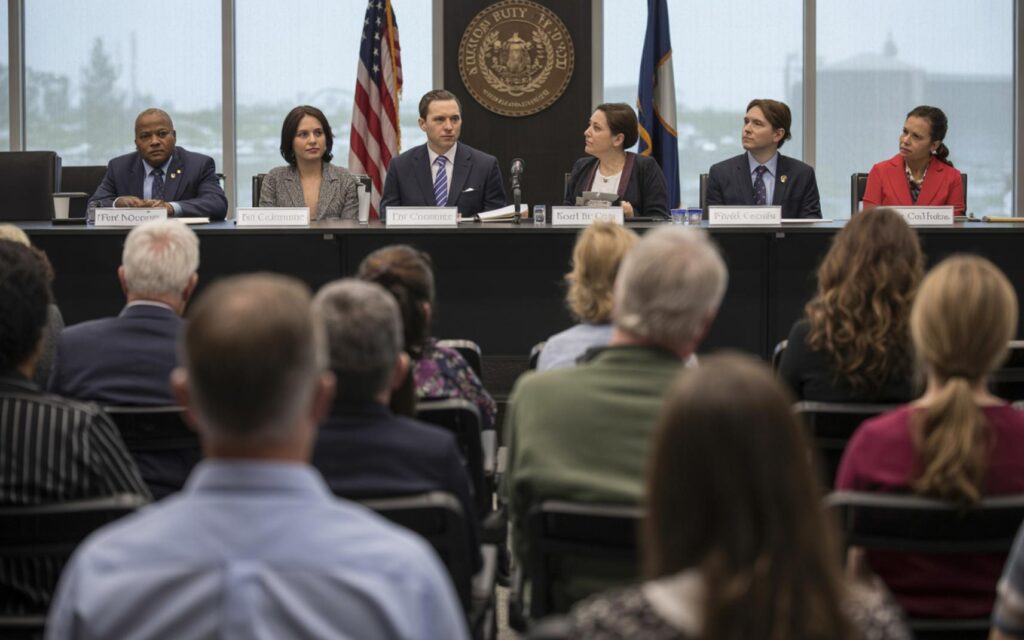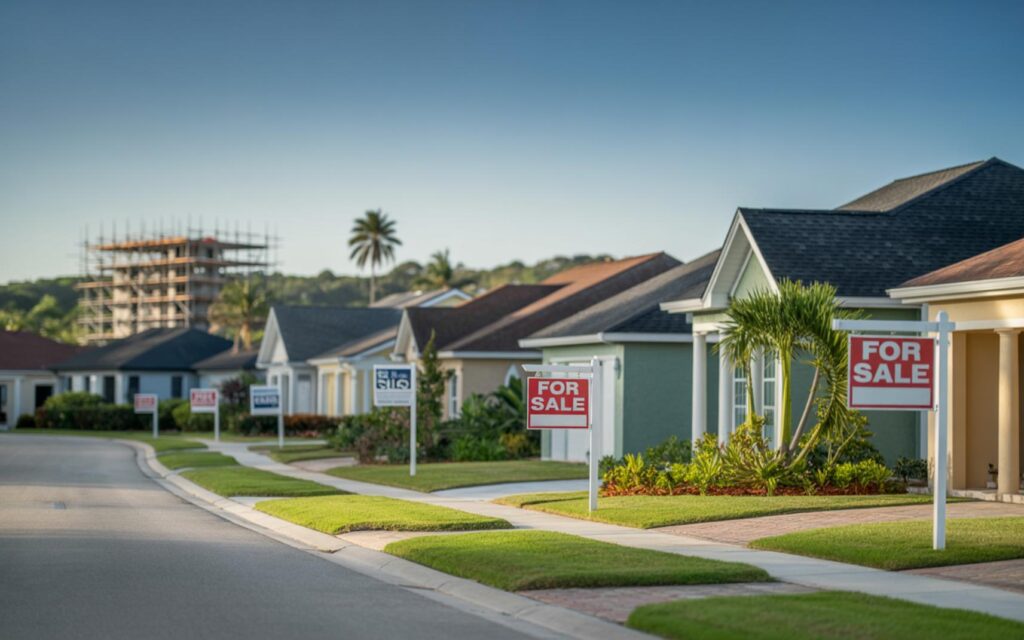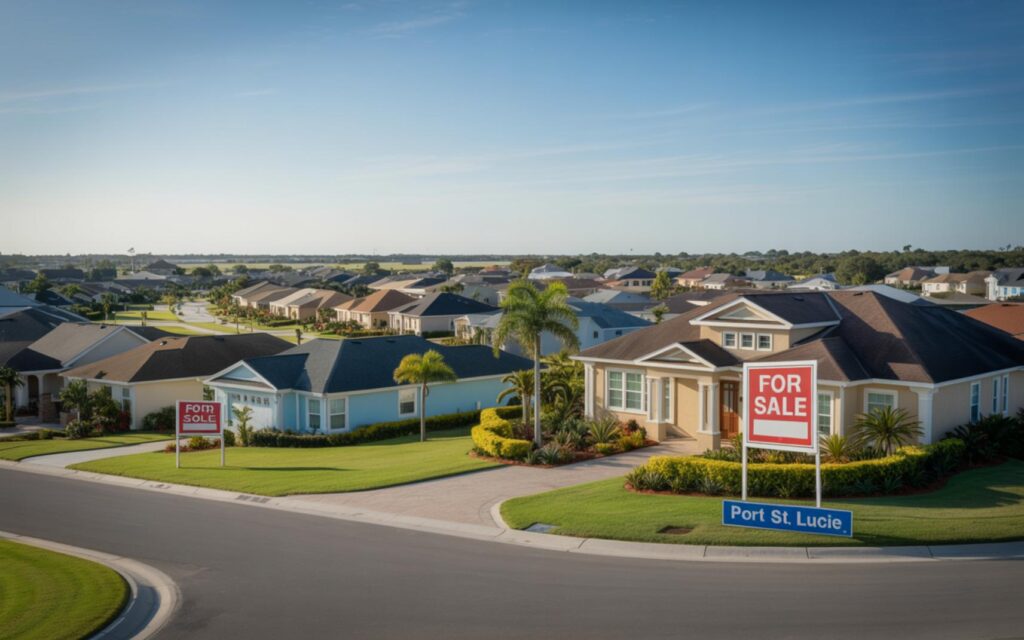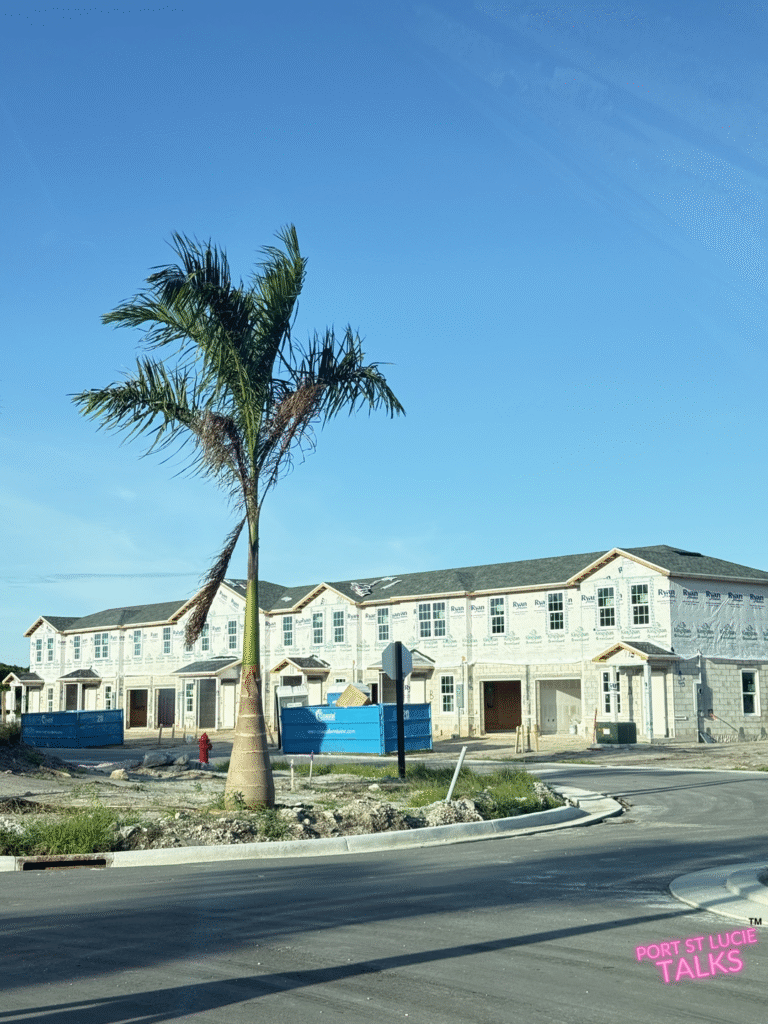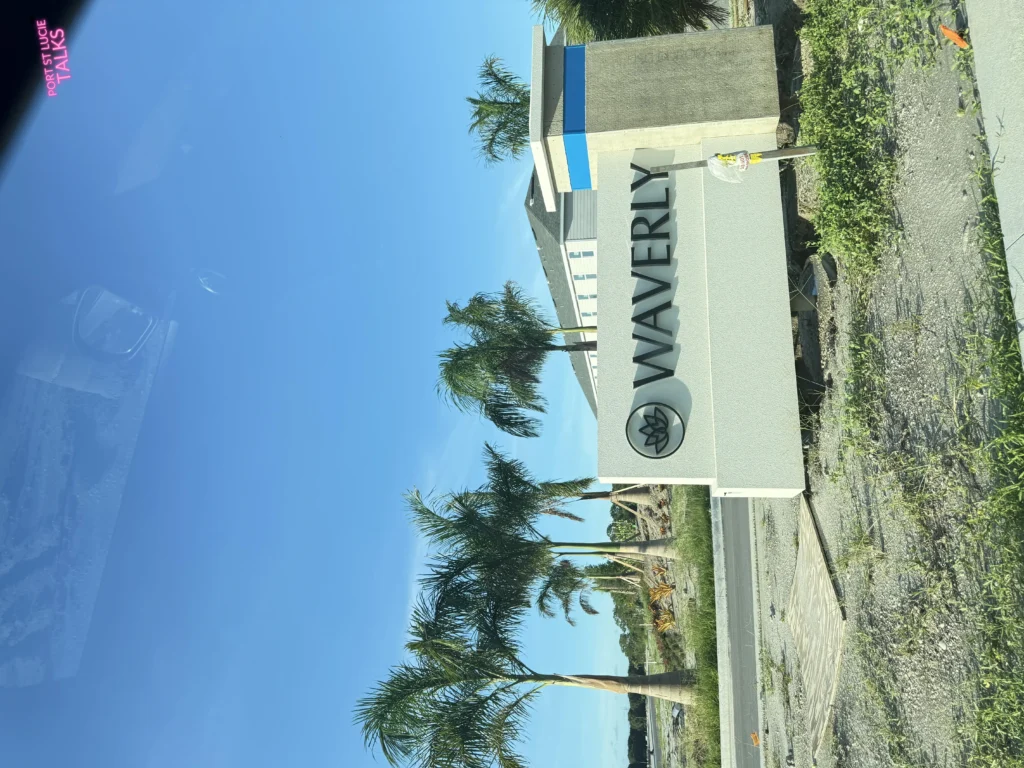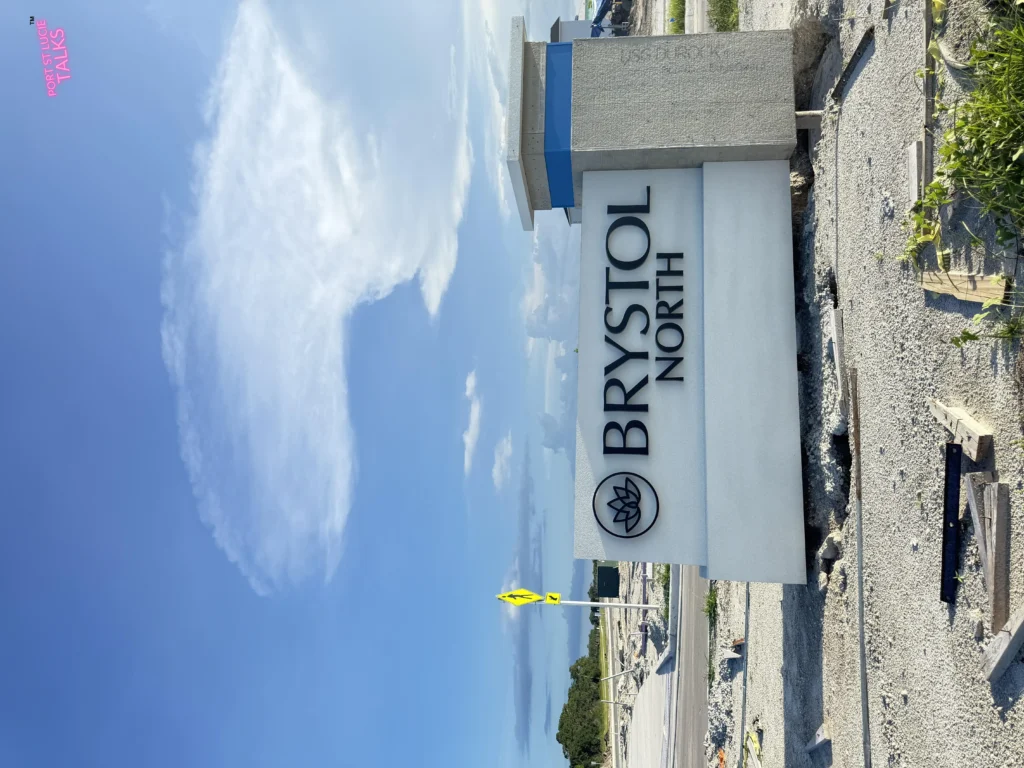A new Florida immigration law targeting undocumented immigrants has been temporarily blocked by a federal judge, citing the federal government’s exclusive authority over immigration enforcement. Miami-based U.S. District Judge Kathleen Williams issued a 14-page decision Friday granting a temporary restraining order against the controversial law, SB 4-C, enacted by Florida’s Republican-controlled Legislature and Governor Ron DeSantis in February.
Florida Immigration Law Faces Legal Challenge
The law, SB 4-C, established state-level criminal penalties for undocumented immigrants entering or re-entering Florida. Judge Williams’ ruling came two days after the Florida Immigrant Coalition, the Farmworker Association of Florida, and two individual plaintiffs filed a lawsuit challenging the legislation.
The plaintiffs argued that SB 4-C violates the Supremacy Clause of the U.S. Constitution, which grants the federal government exclusive authority to regulate immigration. Judge Williams agreed, stating the plaintiffs “persuasively posit that SB 4-C unlawfully encroaches” upon federal jurisdiction. This decision aligns with recent actions by the former St. Lucie Sheriff Keith Pearson who has been vocal about immigration enforcement.
Details of SB 4-C and Its Implications
SB 4-C includes strict provisions mandating prison sentences for undocumented immigrants convicted of illegally entering Florida. First-time offenders face nine-month prison terms, with longer sentences for repeat offenses.
Judge Williams highlighted specific concerns, noting the law grants state officials authority to prosecute immigration offenses even when federal authorities choose not to pursue charges. She emphasized that the law’s mandatory detention provisions interfere with federal discretion regarding pre-trial release and obstruct federal court proceedings.
“SB 4-C requires mandatory prison sentences for state law violations where the INA (Immigration and Nationality Act) allows for a fine or probation for the equivalent federal crime,” Williams wrote in her decision.
Temporary Restraining Order and Next Steps
The temporary restraining order issued by Judge Williams typically remains effective for 14 days. A hearing is scheduled for April 18 to consider the plaintiffs’ request for a preliminary injunction, which could further halt enforcement of the law during ongoing litigation.
In addition to the Supremacy Clause argument, plaintiffs also alleged violations of the Constitution’s Commerce Clause. They argued SB 4-C imposes unacceptable burdens on interstate and foreign commerce by regulating entry into Florida. Judge Williams acknowledged that the plaintiffs’ Commerce Clause analysis further supported their request for the restraining order.
Political Context and Legislative Background
Florida lawmakers passed SB 4-C during a special legislative session in February, citing alignment with former President Donald Trump’s immigration policies. The session resulted in two immigration-related bills, although the current lawsuit specifically targets SB 4-C. This move comes as the St. Lucie County Sheriff intensifies immigration law enforcement amid federal mandates.
The lawsuit was filed by attorneys representing the American Civil Liberties Union (ACLU) of Florida and Americans for Immigrant Justice. The state of Florida has not yet filed formal arguments responding to the lawsuit.
Reaction from Advocacy Groups
Bacardi Jackson, executive director of the ACLU of Florida, praised the court’s decision in a statement released Friday evening. “The court’s order halts a dangerous and discriminatory law that sought to criminalize people for simply moving within the United States,” Jackson said. “Florida’s leaders may want to score political points by targeting immigrants, but the Constitution doesn’t allow it. We’ll continue fighting until SB 4-C is struck down permanently.”
Frequently Asked Questions About Florida Immigration Law
What is Florida’s SB 4-C immigration law?
SB 4-C is a Florida state law passed in February 2025 that creates criminal penalties for undocumented immigrants entering or re-entering the state. It includes mandatory prison sentences for violations.
Why did a judge temporarily block Florida’s immigration law?
A federal judge temporarily blocked SB 4-C because it likely violates the Supremacy Clause of the U.S. Constitution. Immigration enforcement is a federal responsibility, and the law interferes with federal authority.
Are there penalties for undocumented immigrants under SB 4-C?
Yes, SB 4-C mandates prison sentences of nine months for first-time offenders and longer sentences for repeat violations. These penalties differ from federal immigration laws, which may impose fines or probation instead.
Can Florida legally enforce immigration laws?
Generally, immigration enforcement is a federal responsibility. States have limited authority in immigration matters, and laws like SB 4-C face legal challenges for potentially overstepping state powers.
Where are the legal challenges to SB 4-C being heard?
The legal challenges to SB 4-C are being heard in the U.S. District Court in Miami, Florida. Judge Kathleen Williams is presiding over the case and issued the temporary restraining order.
Stay informed about Florida immigration law developments. Download our FREE guide.
Port St Lucie Talks




